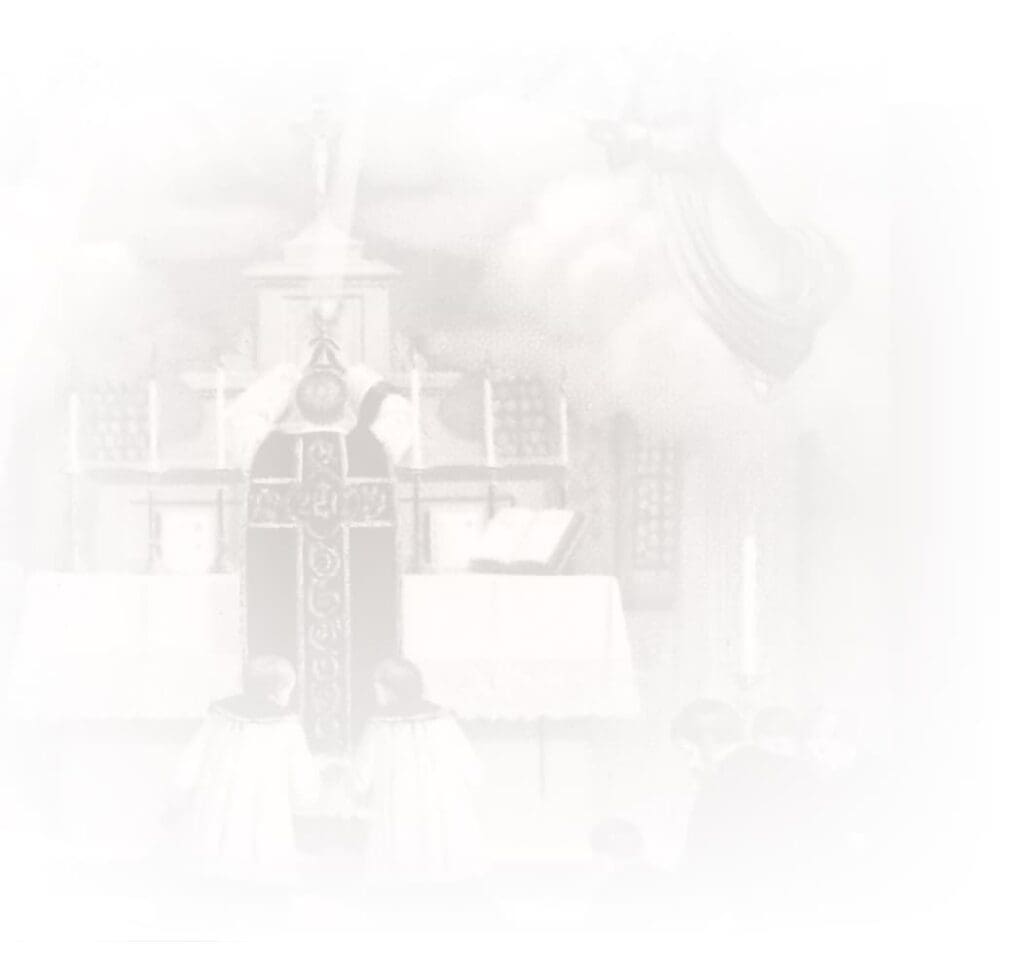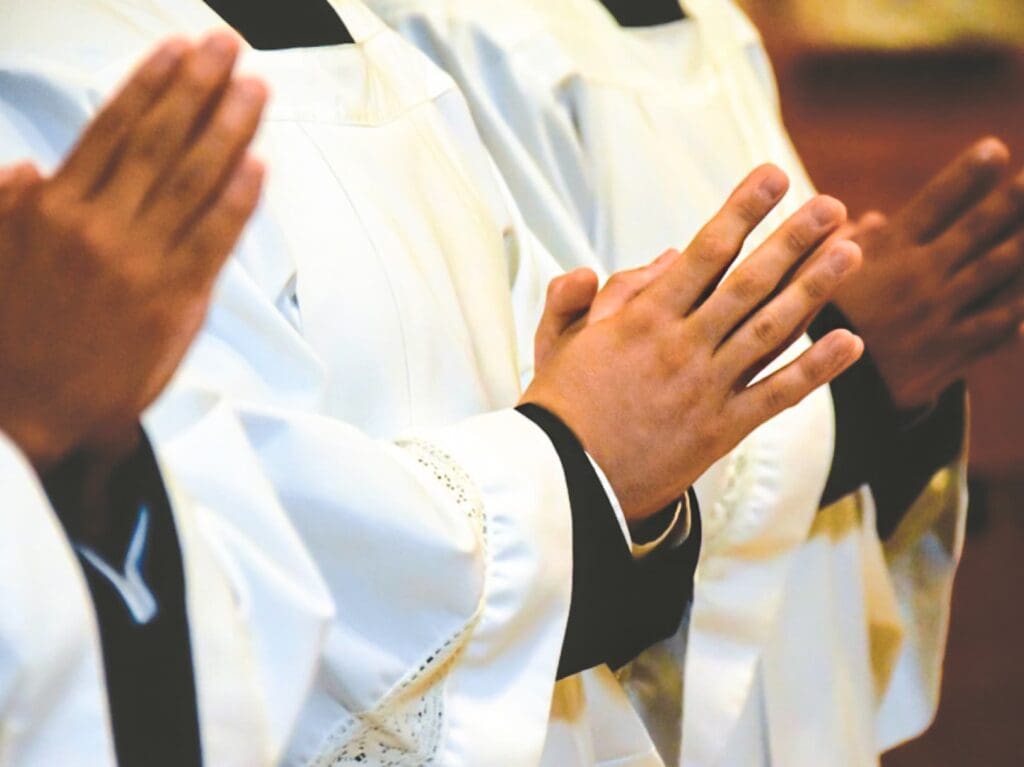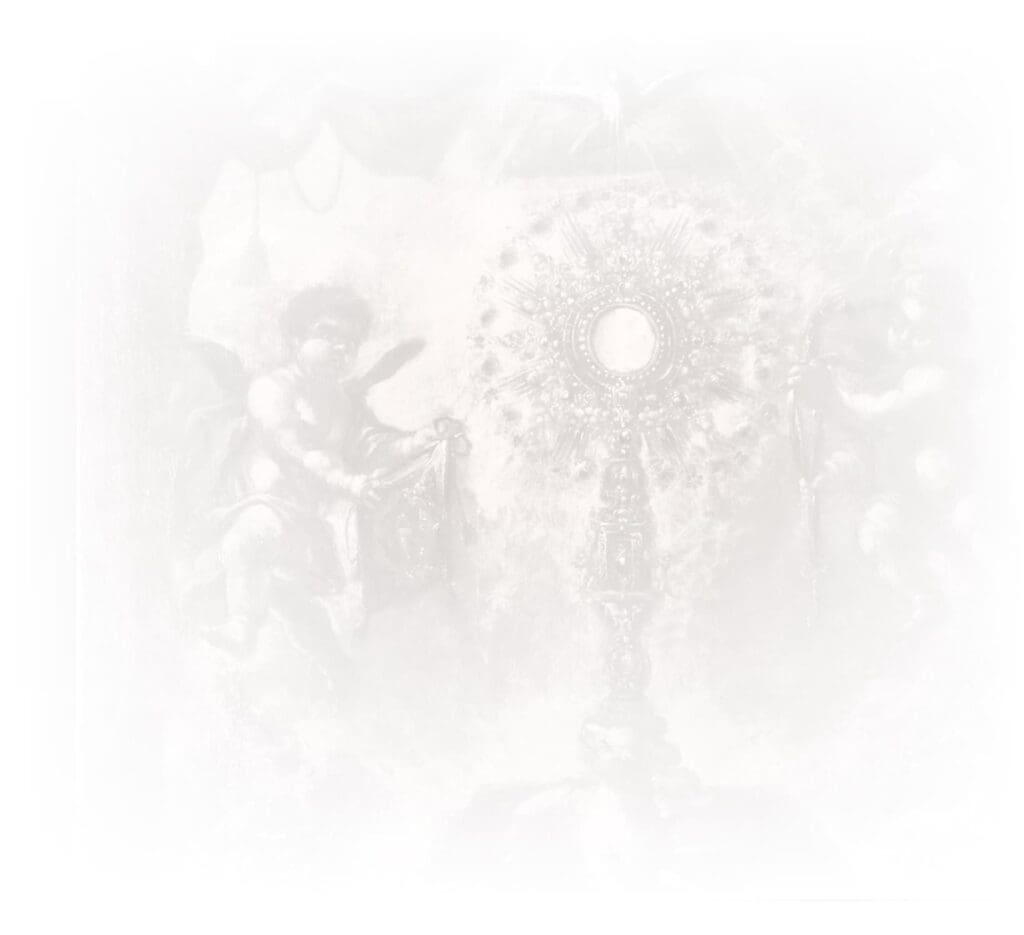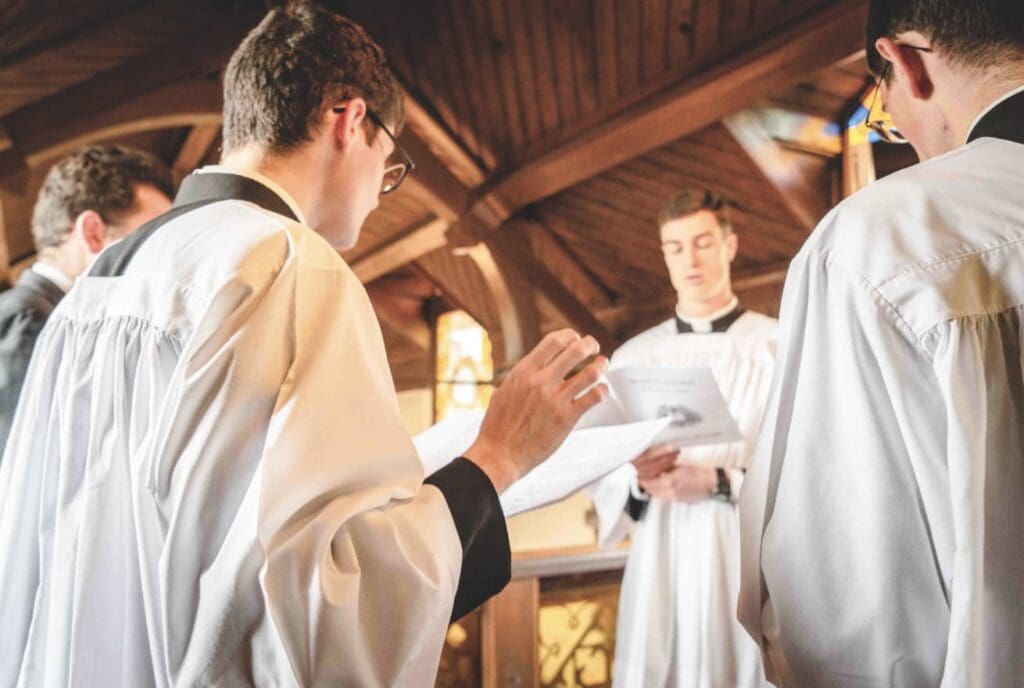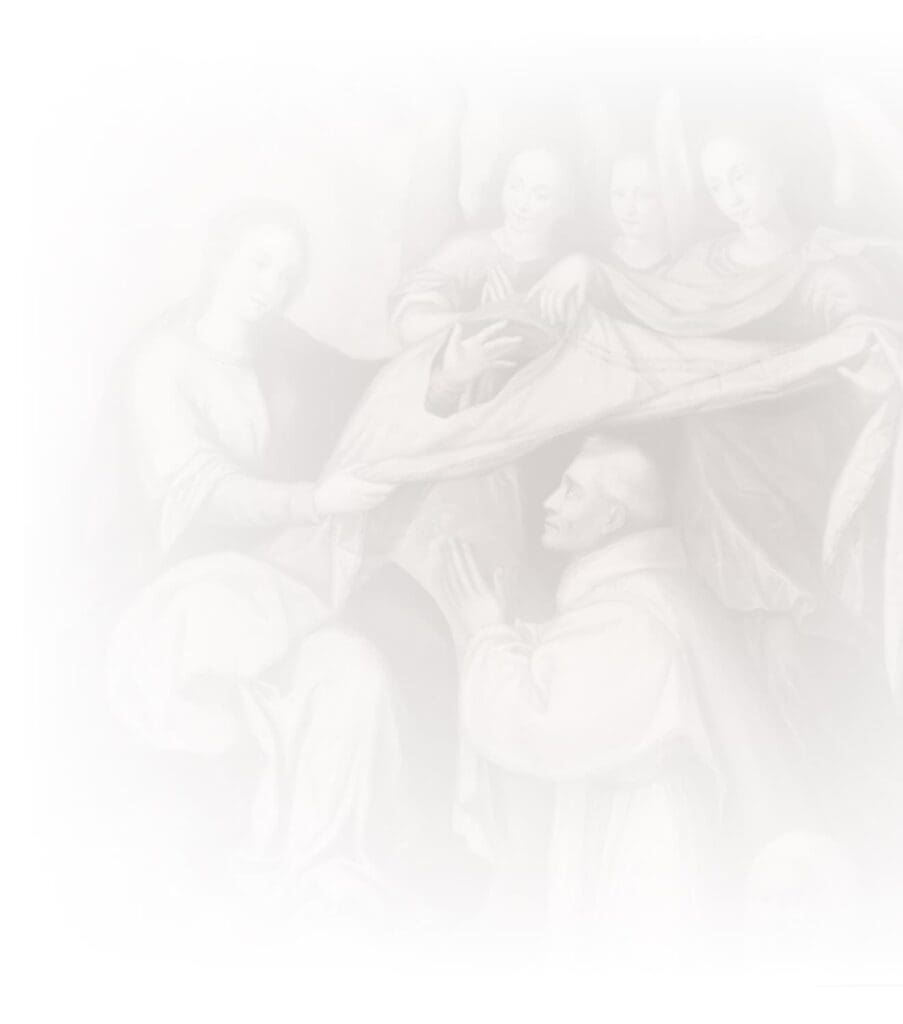Module 0: The Way of Holiness/Orientation Seminar
God has called us out from the world and into the life of the Church. What does that mean?
The opening module addresses this question by reflecting on the call of God and the way of personal holiness. God has a specific plan for each of us, but knowing this plan is to take the first step of claiming our sonship in Christ and allowing God to mold our hearts as His own (cf CCC, 2563).




